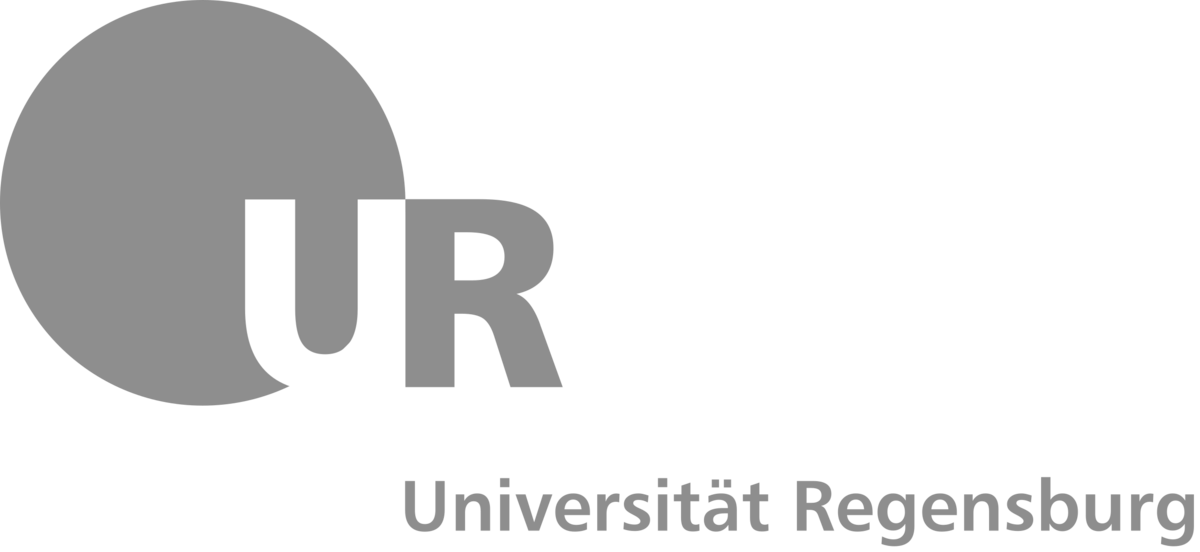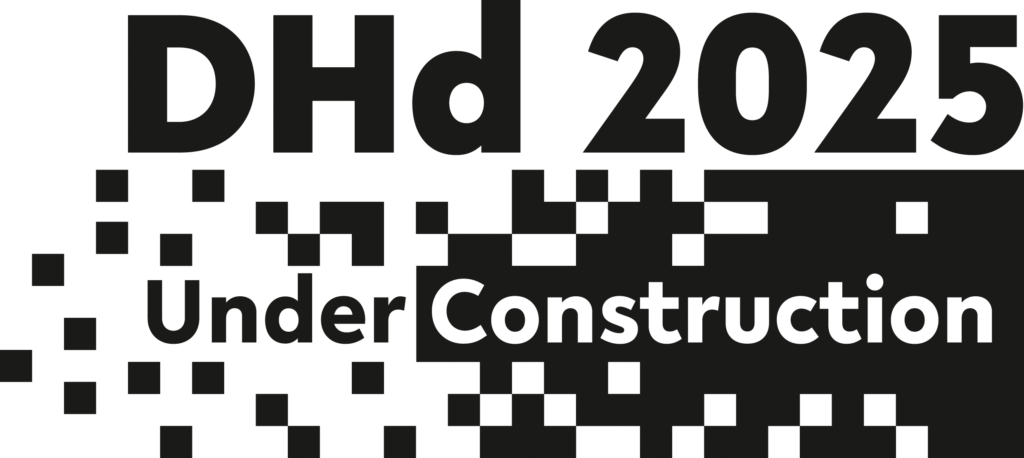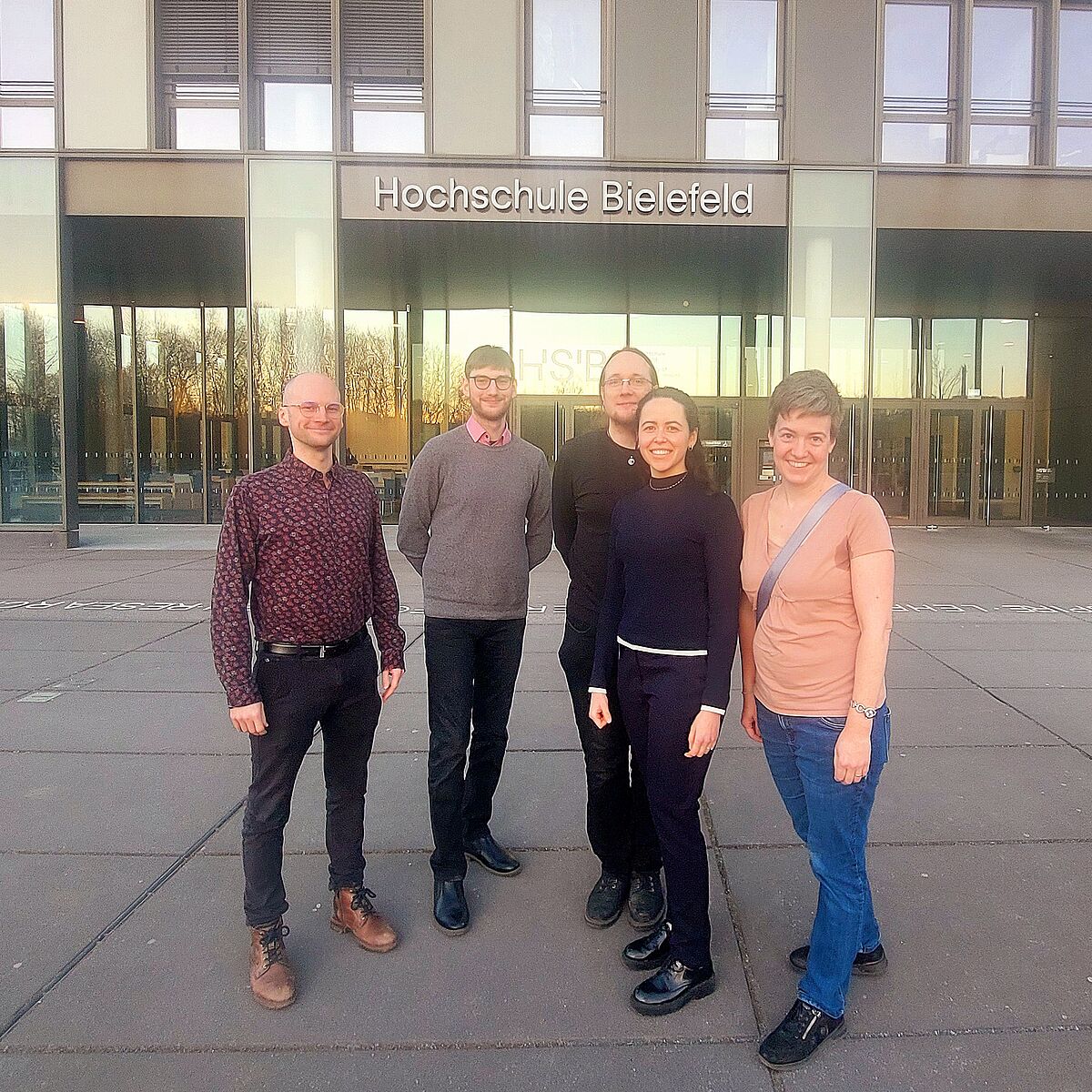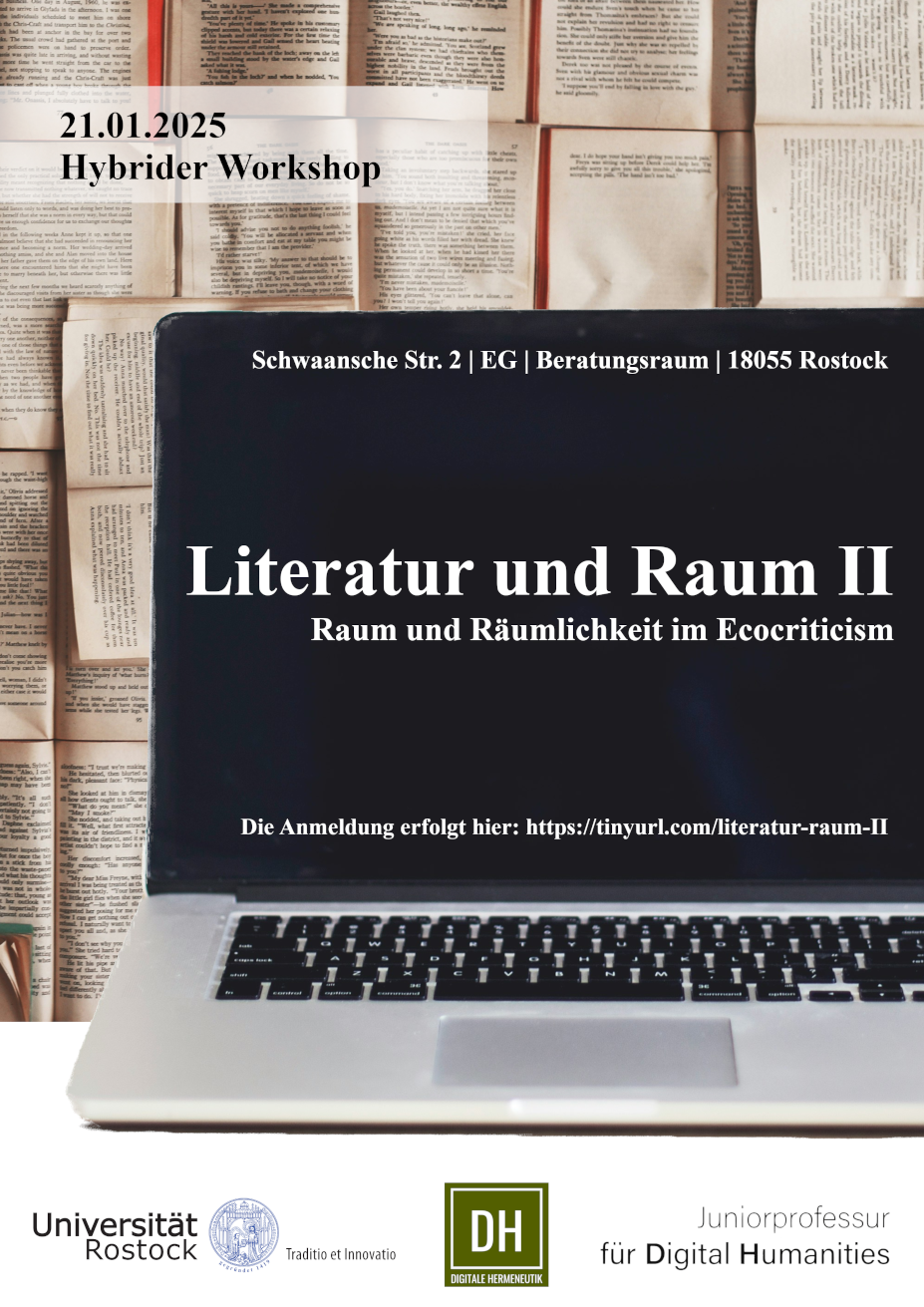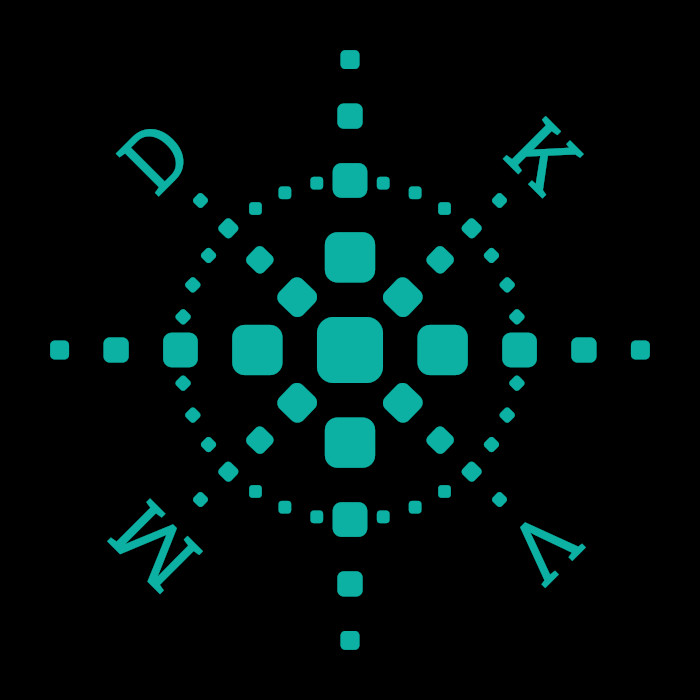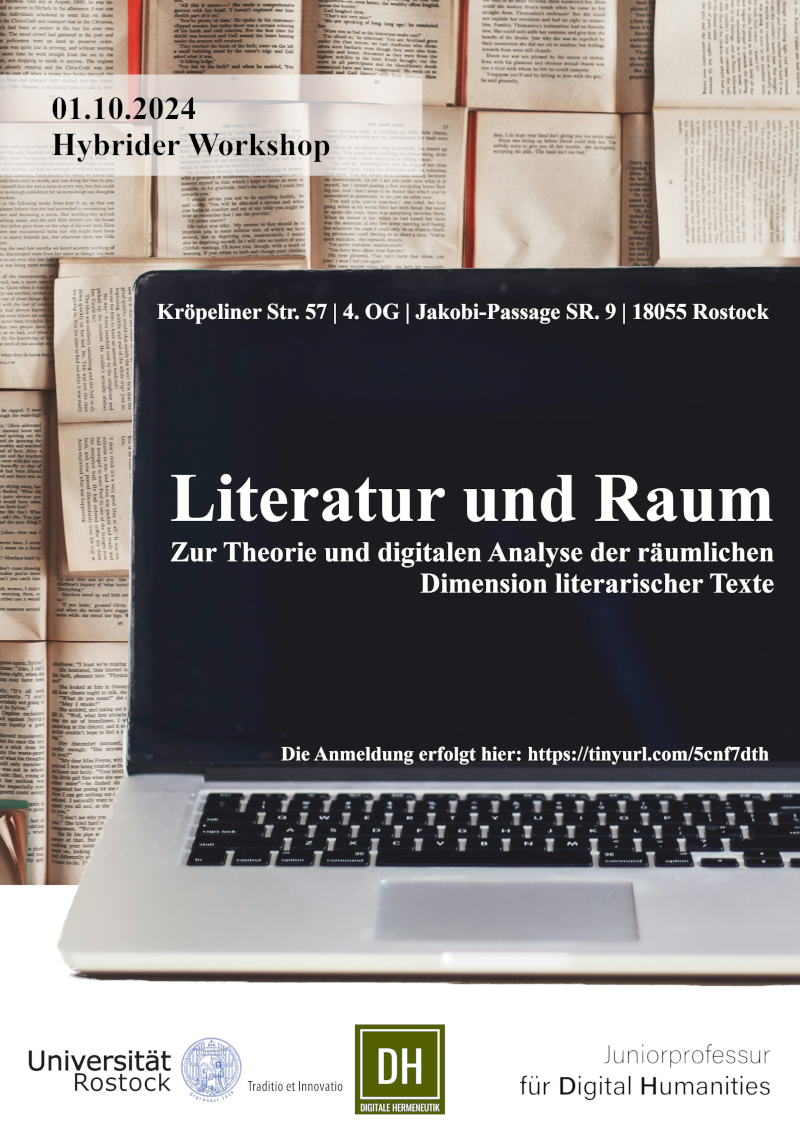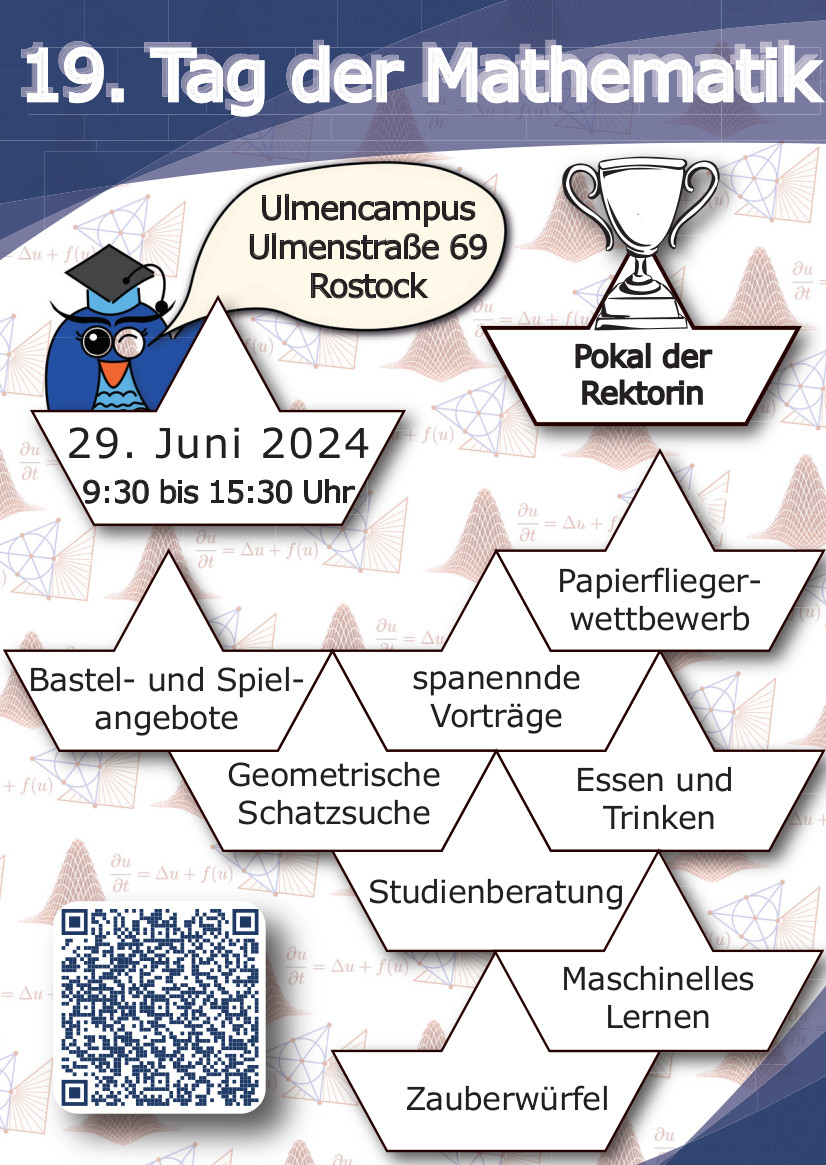News
14.7. - 18.7.2025: Conference "DH2025: Accessibility & Citizenship (DH2025)" in Lisbon


Join us from July 14th to 18th, 2025 at NOVA-FCSH in Lisbon for DH2025 — the annual ADHO conference on “Building Access and Accessibility, Open Science to all Citizens.”
Whether you’re an experienced digital humanist, a policy-maker, or new to the field, DH2025 is the ideal platform to engage, network, and shape the future of Open Science and digital humanities practices.
Building access and accessibility, open science to all citizens
Since the 2002 Budapest Open Access Declaration, the movement for more equitable access to research has grown, evolving into broader frameworks such as Open Science and Open Scholarship. These approaches emphasize not only free access but also ethical and technical considerations related to data, infrastructure, and collaboration. Through international and institutional policies, efforts are being made to enhance transparency, inclusion, and public participation in scientific knowledge.
Within this context, digital humanities play a key role by using digital tools to democratize access, engage communities, and respond to societal challenges.
(cited from: https://web.archive.org/web/20250706224607/https://dh2025.adho.org/about/)
From July 14 to 18, we had the opportunity to present research from the CANSpiN project (Short Paper: They crossed the valley of Catamarca: A study of narrative space in novel openings, Poster: Nature versus Artefacts: Places and Objects in Nineteenth-Century Novels from Spain and Latin America) to the international DH community and exchange ideas with researchers worldwide.
14.5.2025: Online lecture as part of the lecture series "Trends in Digital Humanities" at the University of Regensburg
On Wednesday, May 14, 2025, at 6 p.m., the University of Regensburg will welcome Nils Kellner and Marc Lemke as part of its virtual lecture series “Trends in Digital Humanities.” Under the title “Von der Exploration zur Literaturgeschichte” the speakers will provide insight into the research design of CANSpiN and report on the results of their current work on the digital analysis of space in 19th and 20th century novels, based on a study of novel beginnings. Their report is aimed equally at fellow researchers and anyone interested in learning more about computer-assisted methods in Literary Studies.
The lecture will take place online via Zoom; registration is not required. You can access the event directly via the following link: https://uni-regensburg.zoom-x.de/j/6024942008.
Further information on the lecture series can be found on the University of Regensburg website:
https://www.uni-regensburg.de/sprache-literatur-kultur/digital-humanities/veranstaltungen/ringvorlesung-sommer-2025/index.html.
Contact: If you have any questions, please contact Jun.-Prof. Dr. Mareike Schumacher (mareike.schumacherurde).
3. - 7.3.2025: Conference "DHd 2025: Under Construction (DHd2025)" in Bielefeld
If you look at our world today, you see a world in visible upheaval. The experience of war throughout the world, the pandemic and the urgent need to adapt to real global warming are clearly crisis-ridden, but they stand alongside fundamentally productive global transformations such as datafication, the breaking down of gender roles and the questioning of general center-periphery models. The feeling of “being under construction” is widespread: society and culture are in a state of flux. This creates a sense of uncertainty, which, however, not only represents a danger but also offers space for innovation. With our conference motto, we would like to invite you to combine the expertise of the humanities, cultural studies, and data science in order to address the productive uncertainty of “being under construction”.
The motto highlights the constructed nature of knowledge as a result and condition of digital humanities practice. A central focus of current digital humanities (DH) is the handling of data, data infrastructures and data processing. In the humanities, which could be said to have the common concern of investigating practices of meaning-making, data can be seen as traces of such practices in the past, present and future, in spaces of various kinds and through objects of different shapes, by a wide range of actors. The aim of the conference is to sharpen the role of data in DH and to ask for a humanities-oriented concept of data. In view of the ongoing datafication of culture and the world we live in, a humanities-oriented concept of data is needed for the study of emergent phenomena such as data-driven economics, net culture, virtual reality, reading digital texts or human-machine interaction. At the same time, this data concept should be able to grasp analog objects such as text, image and architecture, which are digitally represented, converted into research data and prepared for analysis. The same applies to the representation of performative practices, but also to cultural data on food or clothing, which are regulated and made compatible by forms and conventions. The relationship between data and theories is modeled in an interdisciplinary way, for example in the field of interdisciplinary data assimilation, but also in the philosophy of science and method research, especially in the social sciences. We would like to invite you to question your convictions about the nature of cultural data and to explore new possibilities, also in the sense of self-empowerment against monopolizing economic interests. Questions regarding construct validity and internal validity must be asked here, but it must also be discussed what significance these have and could have in DH.
Both everyday and scientific data are growing and should be analyzed by the humanities using methods that are adequate to the subject in order to understand and explain dimensions of human society, culture, language and history as well as thinking and communication. The conference will explore the potential and blind spots of Data Humanities (e.g. subjectivism, biases, reifications, data protection and GreenDH/sustainability). In addition, promises from the early days of DH (e.g. DH as an interdisciplinary project), ideally in collaboration with colleagues from the subject disciplines, will be critically examined.
Where better to do all this than in Bielefeld, at the reform university that was founded on an interdisciplinary idea? The conference's motto also refers to the campus in terms of design: the construction phase planned for 2025 will connect the university's iconic main building to the campus's contemporary modern architecture and, as a landmark, also initiate aesthetic reflection processes in the diverse accompanying program.
(translated and cited from: https://web.archive.org/web/20250324114452/https://dhd2025.dig-hum.de/?page_id=13)
At the conference, we will present the current state of the project in a poster session and discuss questions of research design in computational literary studies in a panel session.
Update: An report on the panel was written by Pierre-Michel Weiße and published on the DHd blog: https://web.archive.org/web/20250429120217/https://dhd-blog.org/?p=22297.
29.01.2025: Online lecture in the series of the Interdisciplinary Forum of Digital Textual Sciences

On January 29, 2025, Marc Lemke and Nils Kellner, both members of the Junior Professorship for Digital Humanities, will be guests at the Interdisciplinary Forum of Digital Textual Sciences (@InFoDiTex@fedihum) with a lecture. The event is part of the NFDI consortium Text+ and is hosted by the University and State Library of Darmstadt.
Under the title “Annotating the spatiality of texts”, the speakers will give a workshop report on the annotation guidelines developed in the DFG project “Computational Approaches to Narrative Space in 19th and 20th Century Novels” (CANSpiN) and provide insights into their current research work.
Further information can be found here.
Organized by: Fernanda Alvares Freire (Rostock/Darmstadt) and Kevin Wunsch (Darmstadt).
Location: The talk will take place online via Zoom; registration is not required.
Contact: kevin.wunschtu-darmstadtde
21.01.2025: Workshop "Literature and Space II" in Rostock
Space and Spatiality in Ecocriticism
Since the 1980s, the cultural and social sciences have increasingly turned their attention to the topic of space. The geographer Edward Soja provided the intuitively understandable label for this development: spatial turn. However, the question of what space is and how it can be examined has given rise to a whole landscape of specialist answers in the last 40 years.
The workshop series "Literature and Space" invites all interested parties to explore this landscape in the field of Literary Studies. We will focus in particular on the diversity of methods between close and distant reading, between qualitative and quantitative approaches, and analog and computer-based methods. What concepts of space exist in the context of literature? What can we learn about literature by examining space in and around literature? Which approach brings which horizon of knowledge?
In the second workshop of our series, we examine these questions from the perspective of ecocriticism. Ecocriticism can be seen as a field of research in which cultural and, in particular, literary manifestations of the 'environment' and their historical transformation processes are examined. This focus, which includes everything physical, suggests an obvious connection to the topic of space. We can ask what insights space offers from the perspective of ecocriticism and which computer-aided methods are suitable for such investigations.
We are pleased to welcome Jun-Prof. Dr. Mareike Schumacher (University of Stuttgart / University of Regensburg) and Dr. Katrin Dennerlein (University of Würzburg) on site. Both will enrich our considerations with contributions to their research projects in this thematic complex.
Participants are invited to bring their own texts: In addition to the theoretical discussion, there will again be a practical hands-on session in which tools of computational literary studies can be tried out.
The workshop will take place as a hybrid event on January 21, 2025 from 9 am to 5 pm in the counseling room of the central university administration (ground floor, Schwaansche Straße 2, 18055 Rostock). Registration via the online form is requested (https://www.tinyurl.com/literatur-raum-II).
The event is organized and sponsored by the research focus “Digital Hermeneutics” of the Department Wissen – Kultur – Transformation of the Interdisciplinary Faculty of the University of Rostock and the project "CANSpiN" at the Institute of German Studies at the University of Rostock. In particular, Ulrike Henny-Krahmer, Nils Kellner, Marc Lemke and Nico Urbach are involved in the organization.
Contact: nils.kellner@uni-rostock.de
21.11.2024: Science Camp 2024 in Rostock
The Science Camp is an interdisciplinary exchange and networking platform. In an informal and intimate atmosphere, scientists from all disciplines/joint projects at the University of Rostock and the affiliated institutes present their own research topics during the popular poster session, openly offer other scientists potential synergies for active networking and cooperation and keep an eye out for existing and new contacts. The Science Camp is an important point of orientation for young scientists and offers representatives of the state government and industry an opportunity to gain an overview of the status of current research projects.
(Cited after: https://www.uni-rostock.de/en/research/science-camp/ueberblick/)
By participating in the Science Camp, we are introducing the CANSpiN project to the local scientific community and getting the opportunity to gain insights into the current research landscape in Rostock and to become aware of potential cooperation partners.
8.11.2024: 5th networking meeting on research data management in MV
The 5th networking meeting on research data management in Mecklenburg-Vorpommern will take place in Greifswald on November 8, 2024.
After the last major networking meeting of the research data communities in Mecklenburg-Vorpommern in Rostock last year, another meeting will take place in Greifswald in the fall. The focus will be on a review of the Datenkompass M-V project and the concept developed in this context for a state initiative on research data management in Mecklenburg-Vorpommern.
Time: 09:00-15:30, Place: Z4/Biotechnikum, Greifswald (Campus Beitz-Platz, University of Greifswald and Greifswald University Medicine)
As part of the event, the concept paper for a state initiative FDM-MV is to be handed over to the Minister Ms. Martin (Ministry for Science, Culture, Federal and European Affairs) and to Minister Pegel (Ministry for the Interior, Construction and Digitization).
(translated and quoted from: https://datenkompass-mv.de)
Here we have the opportunity to present the CANSpiN project from the perspective of research data management as part of a contribution to the poster session and to discuss challenges and solutions in the field of RDM with colleagues from other departments.
7.-8.10.2024: SPP-Meeting in Berlin
A general meeting for the DFG Priority Program “Computational Literary Studies” will take place on October 7-8, 2024 at the Humboldt University of Berlin. At this meeting, the individual research projects will present what they have achieved during the period and what they are planning for the coming project period.
Here we have the opportunity to present the status of the CANSpiN project and to discuss challenges and solutions.
1.10.2024: Workshop "Literatur und Raum" in Rostock
Since the 1980s, the cultural and social sciences have increasingly turned their attention to the topic of space. The geographer Edward Soja provided the intuitively understandable label “spatial turn” for this development. However, the question of what space is and how it can be examined has given rise to a whole range of specialist answers over the last 40 years.
The workshop “Literatur und Raum” invites all interested parties to explore this landscape in the field of literary studies. In doing so, we will focus in particular on the diversity of methods between close and distant reading, between qualitative and quantitative approaches, and analog and computer-based methods. What concepts of space exist in the context of literature?What can we learn about literature by examining space in and around literature? Which approach brings which horizon of knowledge?
We are pleased to welcome Prof. Dr. Berenike Herrmann (University of Bielefeld), Dr. Jana-Katharina Mende (Martin Luther University Halle-Wittenberg) and Daniel Kababgi (University of Bielefeld) on site and online. They will report first-hand on their experiences from their research projects.
Participants are invited to bring their own texts: in addition to the theoretical discussion, there will be a practical hands-on session in which tools of Computational Literary Studies can be tried out.
The workshop will take place as a hybrid event on October 1, 2024 from 9 a.m. to 5 p.m. in seminar room 9 at the Institute of German Studies (Jakobipassage, 4th floor, Kröpeliner Straße 57, 18055 Rostock). Registration via the online form is requested.
The event is organized and funded by the research group “Digitale Hermeneutik” of the Department "Wissen - Kultur - Transformation" of the Interdisciplinary Faculty of the University of Rostock and the Institute of German Studies at the University of Rostock. In particular, Fernanda Alvares Freire, Nils Kellner, Marc Lemke and Nico Förster are involved in the organization.
(quoted and translated from the announcement)
29.6.2024: 19th Day of Mathematics in Rostock
As part of the 19th Day of Mathematics, organized by the Institute of Mathematics at the University of Rostock, Jasko Miebs and Roger Labahn introduced a wide audience to the mathematics behind machine learning and neural networks.
In small groups, we want to discuss the mathematics behind the highly topical subject of so-called artificial intelligence as individually as possible. Publicly available demonstrators will help us to understand how machine learning and the neural networks used for it work and also to try something out.
(translated and cited after: https://web.archive.org/web/20240703112302/https://typo3.uni-rostock.de/?id=230169)
26.2.-1.3.2024: Conference "DHd 2024: Quo vadis DH? (DHd2024)" in Passau
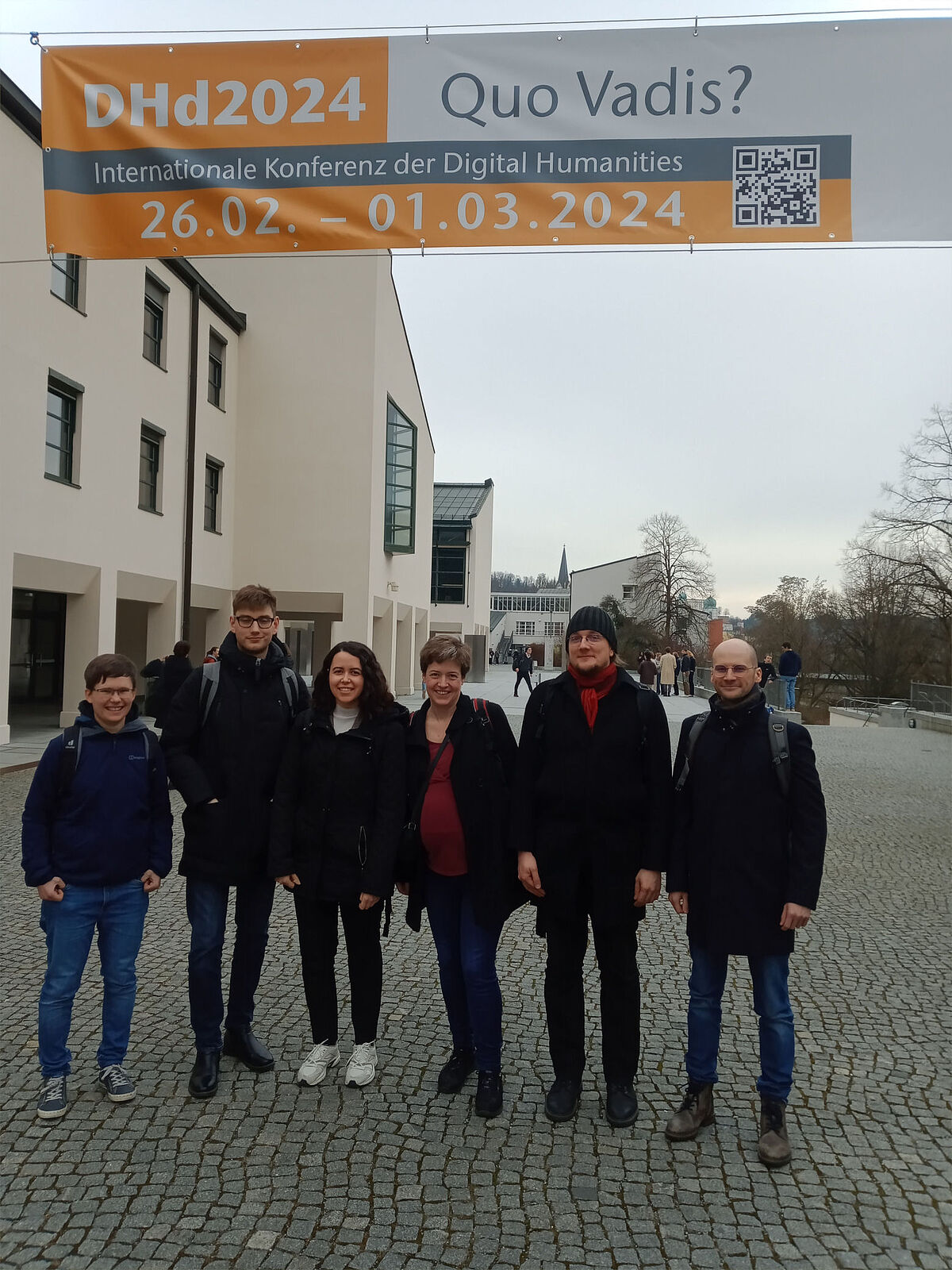
It is now ten years since the representatives of the Association of Digital Humanities in German-speaking countries gathered for the first time in Passau for the conference, which now takes place annually at different locations in Germany and other German-speaking countries. After a decade, DHd2024 now offers the opportunity to take stock and develop future perspectives within the discipline. Not only has the community grown steadily over the last ten years, but the fields of research and applications of the digital humanities have also changed and developed. Digital ways of working and methods have arrived in everyday research and in all areas of life; digitalization has become part of the public discourse, think of artificial intelligence or big data, for example. DHs have therefore always been faced with the task of accompanying this process and playing a decisive role in it, especially when it comes to formulating offers of interpretation and assistance.
The question therefore arises: How can the digital humanities meet the growing demands - for example in the areas of sustainability, ethics and data protection, interdisciplinary collaboration and data-intensive research? How will the DH develop over the next ten years? What current and future challenges will DH have to face? Which methods should be pursued further and which should be reconsidered?
(translated and cited after: https://web.archive.org/web/20240226103915/https://dhd2024.dig-hum.de/call-for-papers/)
As part of the conference, we will present the progress of the project and in particular the annotation guideline CANSpiN.CS1 in a poster contribution.
1.2.2024: Workshop "Von Ort zu Ort: Digitales Edieren von Reisenarrativen – Neue Perspektiven" in Regensburg
As part of the workshop "Von Ort zu Ort: Digitales Edieren von Reisenarrativen – Neue Perspektiven", we will present the annotation guideline CANSpiN.CS1 to a professional audience for the first time. The event will take place on 1 and 2 February 2024 at the Leibniz Institute for East and Southeast European Studies (IOS) in Regensburg and is organized by the team of the DFG project "DEHisRe" (Digitale Editionen Historischer Reiseberichte).
The presentations and discussions at the workshop will focus on the role of annotations as orientation aids in the complex landscape of digital information:
- Advanced approaches to text encoding with TEI: We would like to talk about new modules and customizations in TEI that enable finer granularity and specificity for the digital edition of historical travelogues.
- Innovative data modeling and Linked Open Data (LOD): How can we use LOD to make our digital editions even more connected and accessible? We are particularly interested in examples that show how travelogues can be integrated into larger data ecosystems.
- Interactive visualizations and user engagement: Going beyond the current state of the art, we would like to discuss methods that allow users to be actively involved in the exploration and analysis of travelogues. What role do interactive maps, timelines and other visual tools play?
- Machine learning in editorial studies: How can current technologies help to facilitate our work and generate new research questions?
(quoted and translated from: https://web.archive.org/web/20240205131852/https://dehisre.ios-regensburg.de/workshop-von-ort-zu-ort-digitales-edieren-von-reisenarrativen-neue-perspektiven/)
6.11.2023: Presentation of the CANSpiN project at the lecture series "Digital Humanities in Focus: Methods, Applications and Perspectives" in Rostock
In the winter semester 2023/24, the Rostock Working Group Digital Humanities (RosDH), in collaboration with the Junior Professorship for Digital Humanities and the IuK Network, once again invites you to the lecture series "Digital Humanities in Focus: Methods, Applications and Perspectives". Here, expert knowledge on the latest developments and applications in the field of digital humanities will be presented by representatives from the University of Rostock as well as invited guests from the German-speaking and international community.
On Nov. 6, we will present our talk "Zur Annotation und automatisierten Erkennung von Raum in Romanen. Ein Werkstattbericht des Projekts CANSpiN", in which we will discuss the CANSpiN project and its current status.
Access: University Main Building, Room 104, Universitätsplatz 1, 18055 Rostock (1st floor) and online via Zoom (Passcode: 430211).
25.-26.9.2023: Workshop "Large Language Models mit PyTorch" in Rostock
The joint workshop Large Language Models with PyTorch of the Department WKT (priority programme Digital Hermeneutics) and the cross-sectional topic Computational Analytics at the Interdisciplinary Faculty of the University of Rostock offers participants the opportunity to learn how to use Large Language Models for different tasks of Natural Language Processing in practice. The event is organized by the members of the CANSpiN project group Tobias Strauß, Ulrike Henny-Krahmer and Marc Lemke.
10.-14.7.2023: Conference "DH 2023: Collaboration as Opportunity" in Graz
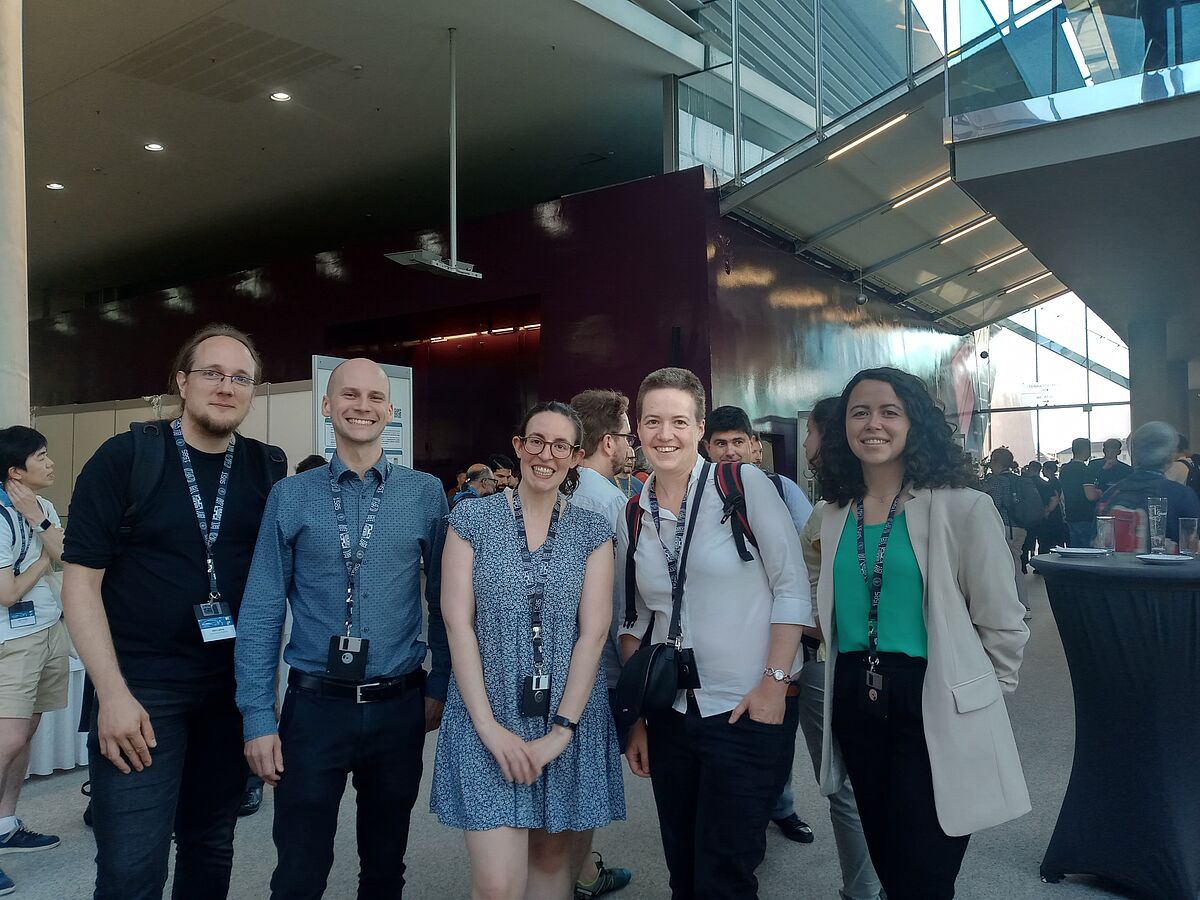
The annual ADHO Digital Humanities Conference is the central and largest event of the international DH community and unites scholars from across the globe, presenting them with a unique opportunity for the exchange of their work and ideas and the fostering of future collaborations.
This year’s conference theme “Collaboration as Opportunity” showcases transdisciplinary and transnational collaboration, with a special focus on the thriving South-Eastern European Digital Humanities community. It will explore how mutual empowerment and collaboration of neighboring countries – regardless of continent and geopolitical placement – can transform regional hubs of expertise to international networks of excellent research, to the benefit of the global DH community.
(cited after: https://dh2023.adho.org/)
The DH2023 conference gives us the opportunity to engage with partners from around the world on topics of interest to us in the project, such as corpus building, data modeling, annotation, extraction from unstructured data, and large language models.
28.6.2023: Workshop "Computational Analytics" in Rostock
Tobias Strauß, member of the CANSpiN project group, offers with the workshop "Computational Analytics" the opportunity for networking of researchers related to the topic of AI. In this context, we will present the goals and technical challenges of the CANSpiN project and discuss them with the participants. The workshop is offered by the Interdisciplinary Faculty of the University of Rostock.
25.4.2023: Kickoff-Meeting in Rostock
On April 25, the kickoff meeting of the project will take place with all participants of the three work packages. Objectives, strategies and open questions will be discussed as well as communication channels and best practices.
20.-21.4.2023: Conference "Comparing Landscapes: Approaches to Space and Affect in Literary Fiction" in Bielefeld
The Collaborative Research Center 1288 "Practices of Comparison" (Bielefeld University), in collaboration with the Faculty of Linguistics and Literary Studies (Bielefeld University) and the Swiss National Science Foundation, invites proposals for papers for the interdisciplinary conference "Comparing Landscapes: Approaches to Space and Affect in Literary Fiction". The conference will take place at the ZiF Bielefeld on April 20 and 21, 2023.
We are very pleased to welcome Prof. Caroline Bassett (University of Cambridge), Prof. Alexander Honold (University of Basel), Jun.-Prof. Mareike Schumacher (University of Regensburg) and Prof. Matthew Wilkens (Cornell University) as keynote speakers already! [...]
This conference brings together scholars from literary studies and the digital humanities to explore representations of space and affect in literature and literary history, focusing on two aspects: the 'national' as a dimension of reference and the role of practices of comparison.
The conference is designed to welcome a wide range of perspectives: from literary criticism to machine learning, from geospatial to sentiment analysis, from metaphor theory to historiography.
Our goal is to create an interdisciplinary event in which research on the dimensions of space and affect in literary texts is explored with reference to "national literatures" and practices of comparison at different levels. This exchange of ideas will take place among scholars from different faculties and backgrounds who share an interest in the ways in which space and affect inform literary discourse and literary historiography.
We look forward to a series of exciting presentations comparing dimensions of space and affect in different national literatures and periods. We invite contributor:s from a variety of research traditions and disciplines, including but by no means limited to hermeneutics, philology, cultural studies, cognitive poetics, empirical literary studies, corpus stylistics, and all kinds of data-driven and digital humanities.
(translated and cited after: https://comparing-landscapes.github.io)
In the context of the planned poster session we will present the CANSpiN project to the conference participants. See the publications.
20.-21.2.2023: SPP-Meeting in Göttingen
For the DFG Priority Program "Computational Literary Studies" the first funding phase ends in 2023. Therefore, a final meeting will take place on 20-21.02.2023 at the Historische Sternwarte Göttingen. During this meeting, the individual research projects of the first funding phase will present what they have achieved during the period and, if applicable, what they are planning for the second funding phase.
Here we have the opportunity to present the CANSpiN project publicly for the first time and to help shape the future collaboration between the projects within the priority program.

